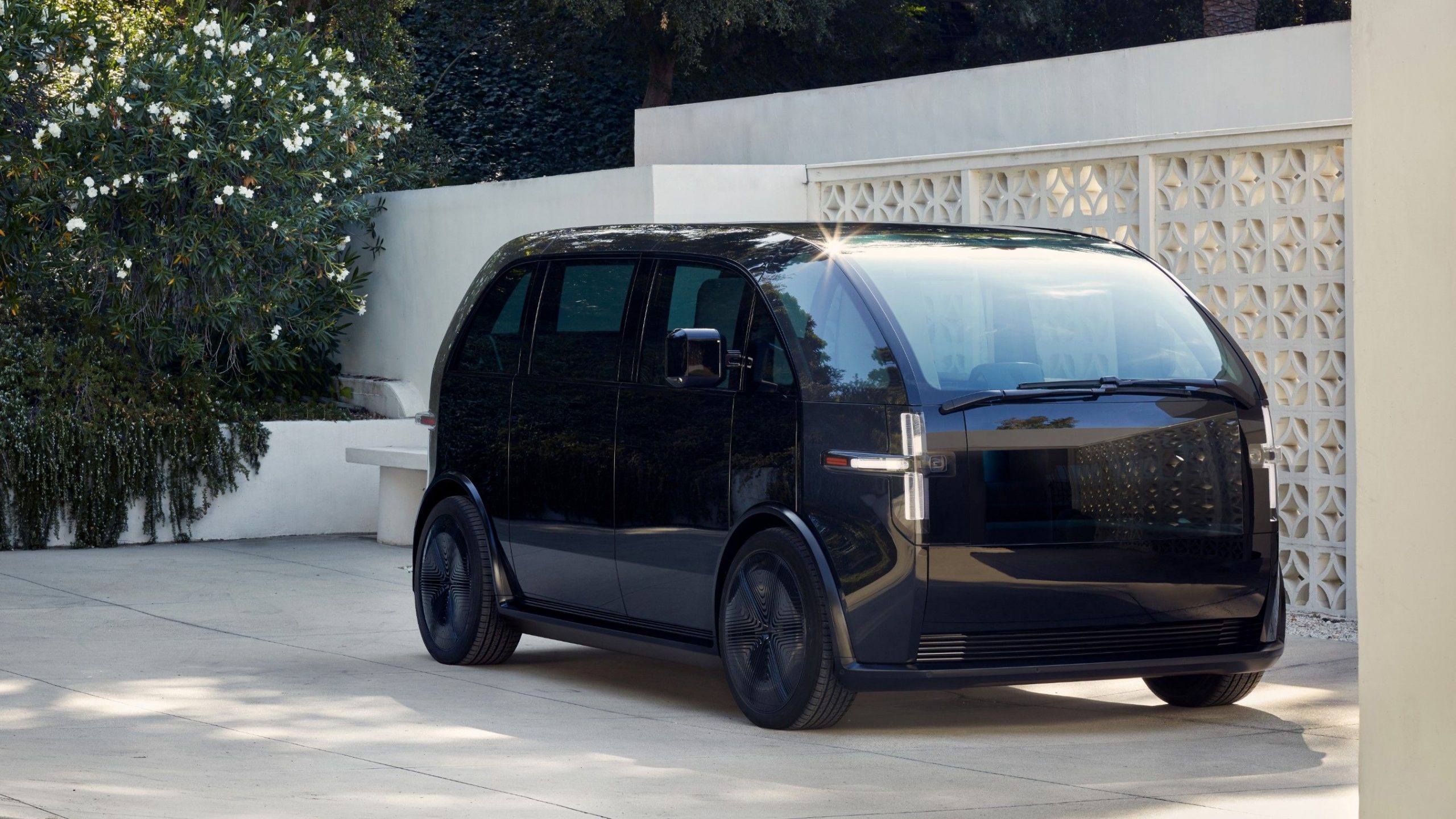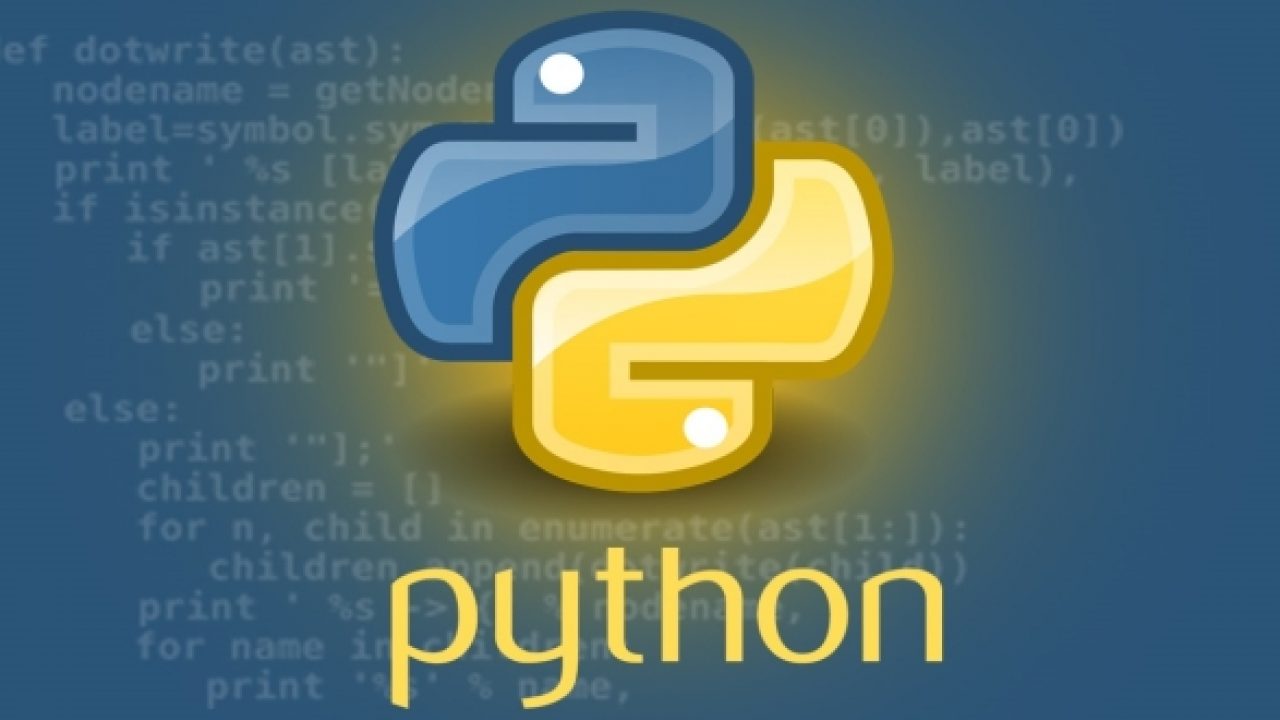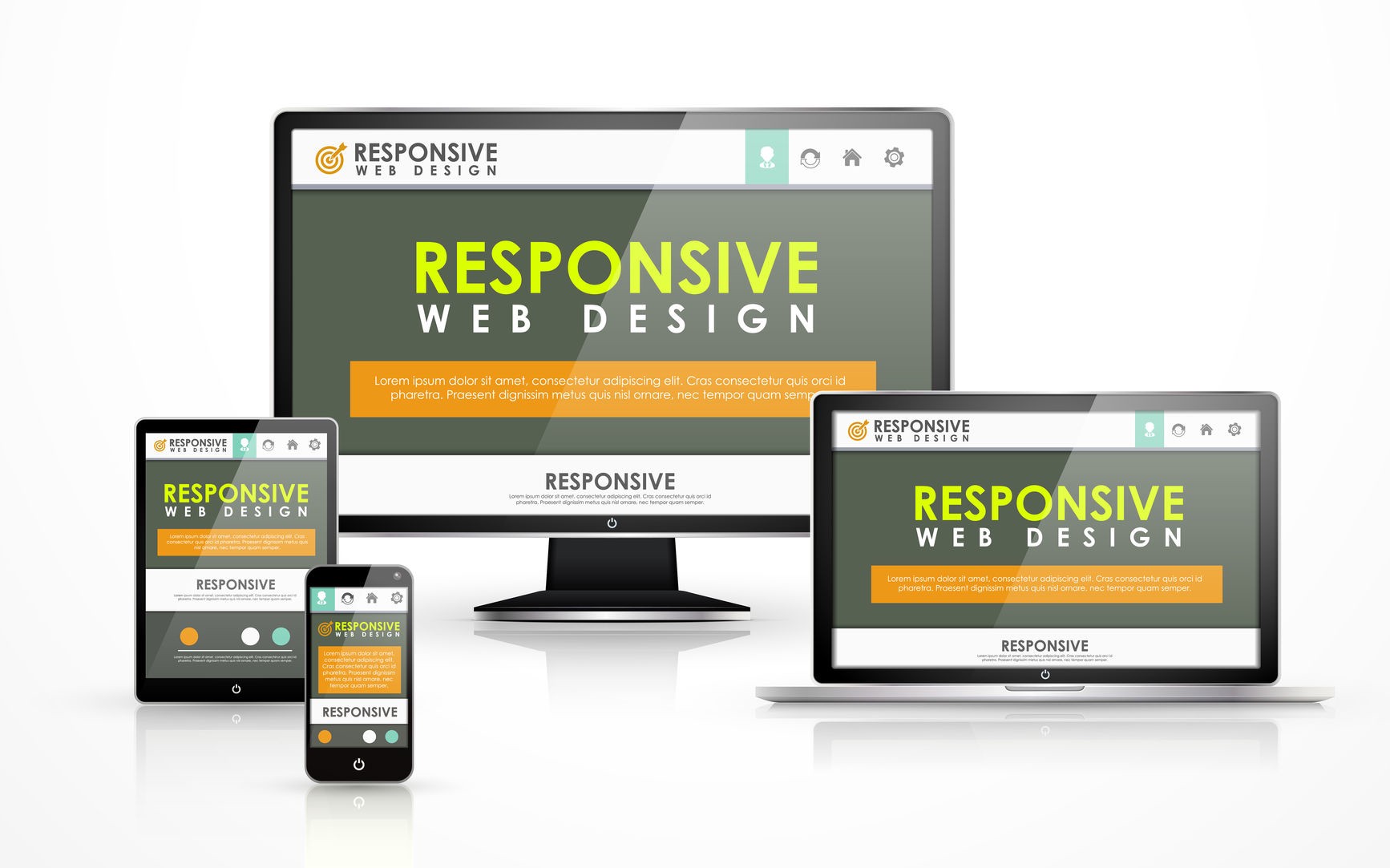Hyundai will build electric vehicles Using EV Start-up Canoo

Hyundai and Kia will build electric vehicles depending on the platform made by California EV startup Canoo, the companies announced. Details of the deal weren’t revealed.
Canoo along with Hyundai Motor Group, Hyundai and Kia’s parent company, will develop a fresh electric vehicle platform that’s based on one that forces Canoo’s vehicle, which has been unveiled annually . This EV platform perseverence small,”cost-competitive” electric vehicles, as well as”purpose built vehicles,” that will closely resemble shuttles and even autonomous people movers. (Hyundai previously showed off a purpose built vehicle concept at this year’s Consumer Electronics Show.) Hyundai and Kia each now sell a electrical SUV based off the identical stage, and the larger Hyundai Motor Group has promised 23 electric vehicles by 2025.
The deal is a success for Canoo, which employs approximately 300 people and has existed for about two decades. While pretty much every electric-vehicle startup has talked about wanting to let their technology out or partner with legacy automakers, nearly none have landed a price. Some of the sole exceptions to date have now already been Michigan-based start-up Rivian, which is dealing with Amazon and Ford, also Chinese start-up Byton, which has a handle Chinese state-owned automaker First Auto Works.
CANOO GOT STARTED AFTER ITS FOUNDERS SPLIT FROM FARADAY FUTURE IN LATE 2017
Canoo now joins that small list despite just coming into life at the end of 2017, when its founders started the company (then called Evelozcity) after an acrimonious split with famously troubled EV start-up Faraday Future.
“It’s really important for people, because using a household name like Hyundai do a little work with a startup such as Canoo demonstrates that we have a fantastic concept, and also a good team,” Ulrich Kranz, Canoo’s present CEO, told The Verge at a telephone interview. (Canoo was initially headed by Stefan Krause, who functioned as Faraday Future’s primary financial officer after seven-year stints as CFO at both Deutsche Bank and BMW. However, Krause resigned from the CEO role annually and it is currently the corporation’s chairman.)
Kranz said Canoo spent approximately a year talking of a bargain to Hyundai, and that before signing off the Korean manufacturer repeatedly sent teams into the startup’s Los Angeles headquarters to evaluate its progress. In addition, he said Hyundai will cover Canoo for your task it’s doing to find the partnership off the ground, but would not say how much as well as if it’s enough to sustain the startup’s operations moving. He did say that Canoo continues to be searching outside financial commitment.
Canoo supposedly launched in funding, though it wasn’t immediately clear where that money was originating from. Ever since then, it has come to light that a few men that are powerful funded the startup. Since The Verge earliest reported in October 2019, Canoo is backed by David Stern, a director at Prince Andrew’s startup incubator, and Pak Tam Li, the head of a gigantic investment firm in China and the son in law of a guy who was formerly the fourth-most senior pioneer in China. Canoo has also obtained aid from Taiwanese touchscreen supplier TPK, which is run by billionaire Michael Chiang, two people using understanding of the provider’s financing tell The Verge. In actuality, means of a shell company set up by Foster Chiang, the vice chairman of TPK, according to real estate records owns Canoo’s headquarters in Torrance, California.
The bargain with Hyundai won’t impact the plans to produce its vehicle of Canoo, Kranz stated. The business debuted a subscription-only EV at September 20-19 that is some thing of today’s spin on the VW Microbus. This automobile, which the company calls”the Canoo,” is designed to hit on the road in 2021. Kranz said Canoo shut classes and has built 32 versions of this vehicle so far, 12 that are fully working and being analyzed on both the roads. (Canoo is building those beta vehicles having a contract manufacturer, that Kranz dropped to call )
Like most other startups, and even some bigger auto makers, Canoo developed a socalled”skateboard” with this automobile that houses the battery package, electric motors, as well as other electronic equipment. This packaging of that technology which makes it possible to run multiple vehicles employing the same flexible platform, thereby cutting costs. Kranz said that Hyundai enjoyed Canoo incorporated more of the vehicle’s technology in to the skateboard than a few other companies possess.
“We were highly pleased with the speed and efficiency where Canoo developed their advanced EV architecture, making them the ideal technology partner for us as we transition to be a frontrunner in the future liberty industry,” Albert Biermann, ” the mind of development and research for Hyundai Motor Group, said in an announcement. “We will collaborate with Canoo engineers to come up with a cost-effective Hyundai platform theory that’s autonomous ready and suitable for mass adoption”








